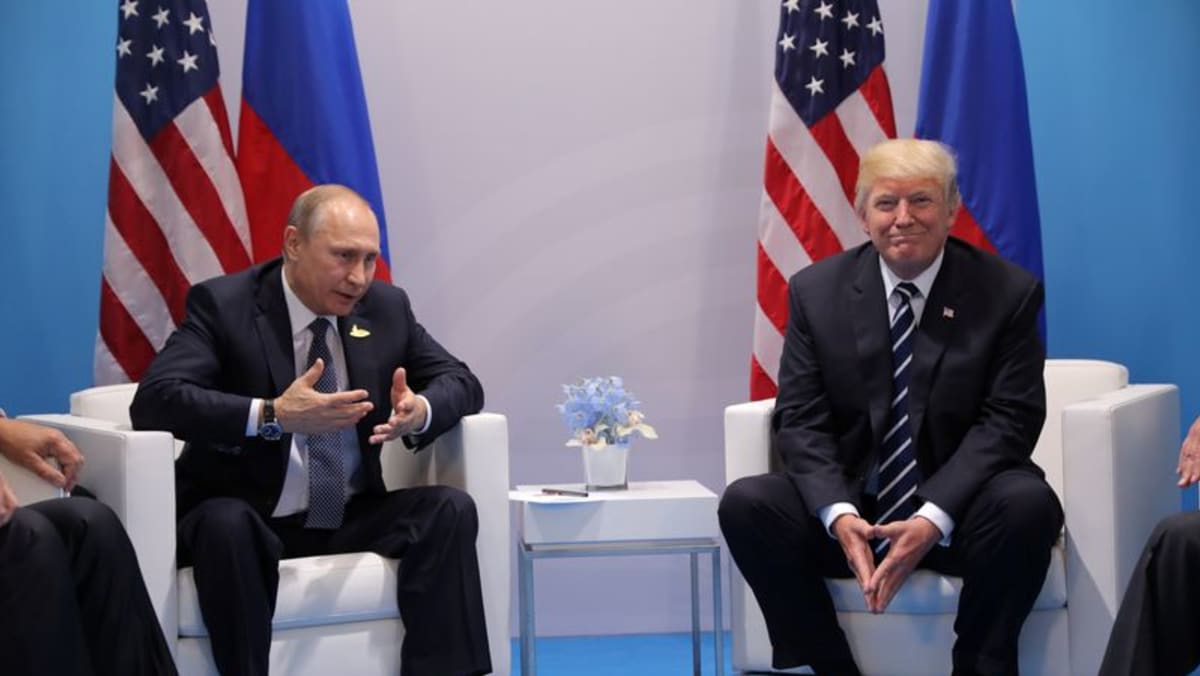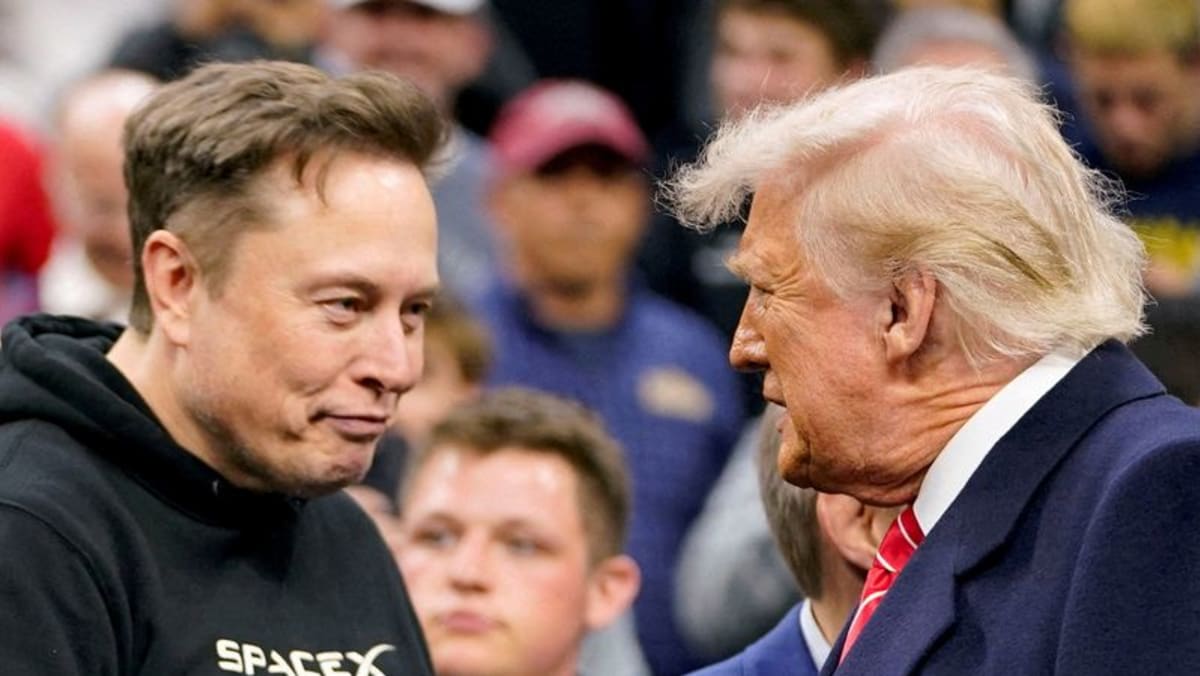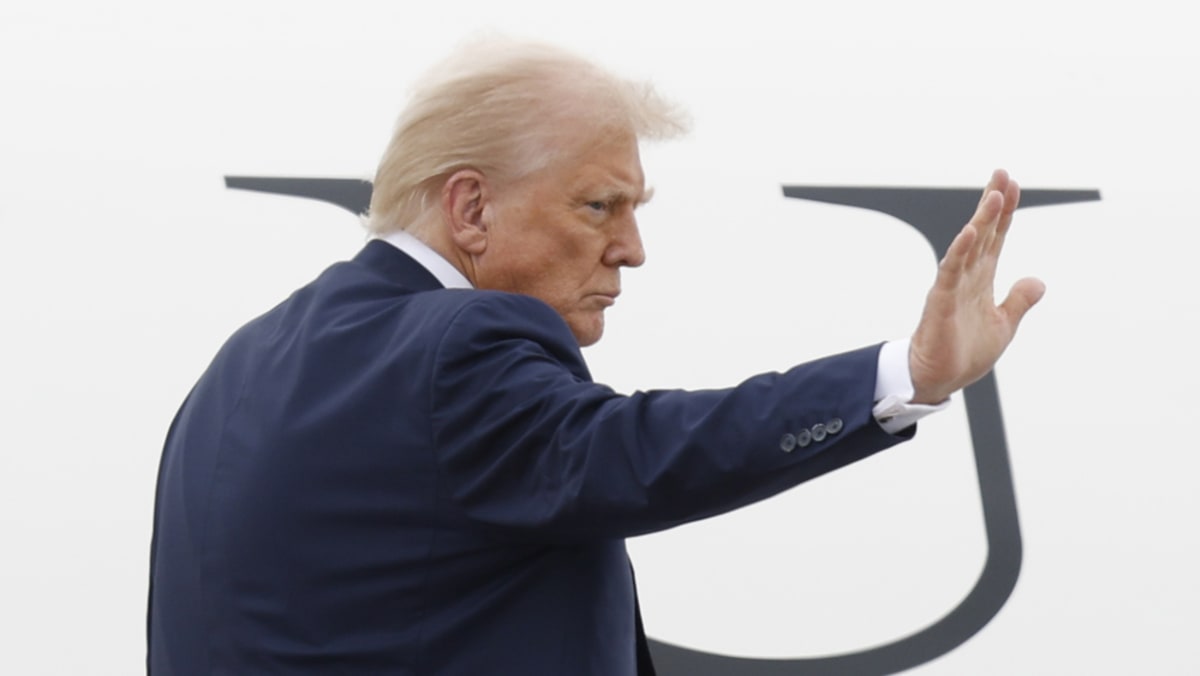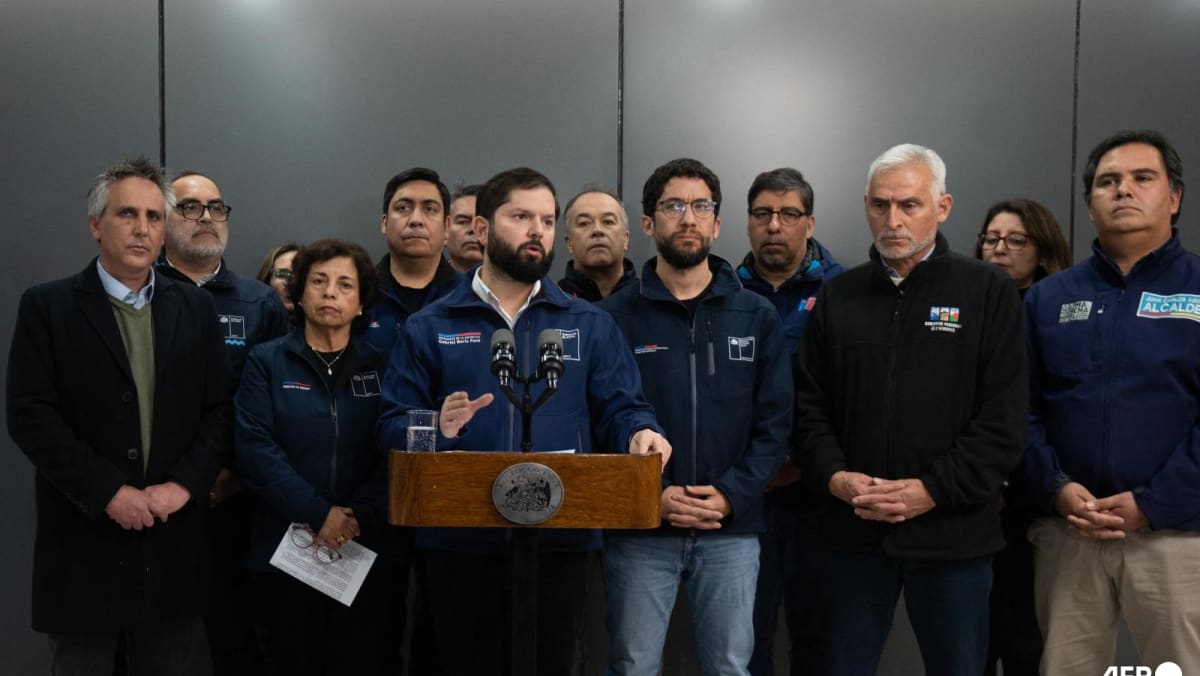“APPEARANCE OF SELF-DEALING”
In addition to using Grok for its own analysis of government data, DOGE staff told DHS officials over the last two months to use Grok even though it had not been approved for use at the sprawling agency, said the second and third person. DHS oversees border security, immigration enforcement, cybersecurity and other sensitive national security functions.
If federal employees are officially given access to Grok for such use, the federal government has to pay Musk’s organisation for access, the people said.
“They were pushing it to be used across the department,” said one of the people.
Reuters could not independently establish if and how much the federal government would have been charged to use Grok. Reporters also couldn’t determine if DHS workers followed the directive by DOGE staff to use Grok or ignored the request.
DHS, under the previous Biden administration, created policies last year allowing its staff to use specific AI platforms, including OpenAI’s ChatGPT, the Claude chatbot developed by Anthropic and another AI tool developed by Grammarly. DHS also created an internal DHS chatbot.
The aim was to make DHS among the first federal agencies to embrace the technology and use generative AI, which can write research reports and carry out other complex tasks in response to prompts. Under the policy, staff could use the commercial bots for non-sensitive, non-confidential data, while DHS’s internal bot could be fed more sensitive data, records posted on DHS’s website show.
In May, DHS officials abruptly shut down employee access to all commercial AI tools – including ChatGPT – after workers were suspected of improperly using them with sensitive data, said the second and third sources. Instead, staff can still use the internal DHS AI tool. Reuters could not determine whether this prevented DOGE from promoting Grok at DHS.
DHS did not respond to questions about the matter.
Musk, the world’s richest person, told investors last month that he would reduce his time with DOGE to a day or two a week starting in May. As a special government employee, he can only serve for 130 days. It’s unclear when that term ends. If he reduces his hours to part time, he could extend his term beyond May. He has said, however, that his DOGE team will continue with their work as he winds down his role at the White House.
If Musk was directly involved in decisions to use Grok, it could violate a criminal conflict-of-interest statute which bars officials – including special government employees – from participating in matters that could benefit them financially, said Richard Painter, ethics counsel to former Republican President George W Bush and a University of Minnesota professor.
“This gives the appearance that DOGE is pressuring agencies to use software to enrich Musk and xAI, and not to the benefit of the American people,” said Painter. The statute is rarely prosecuted but can result in fines or jail time.
If DOGE staffers were pushing Grok’s use without Musk’s involvement, for instance, to ingratiate themselves with the billionaire, that would be ethically problematic but not a violation of the conflict-of-interest statute, said Painter. “We can’t prosecute it, but it would be the job of the White House to prevent it. It gives the appearance of self-dealing.”
The push to use Grok coincides with a larger DOGE effort led by two staffers on Musk’s team, Kyle Schutt and Edward Coristine, to use AI in the federal bureaucracy, said two other people familiar with DOGE’s operations. Coristine, a 19-year-old who has used the online moniker “Big Balls,” is one of DOGE’s highest-profile members.
Schutt and Coristine did not respond to requests for comment.
DOGE staffers have attempted to gain access to DHS employee emails in recent months and ordered staff to train AI to identify communications suggesting an employee is not “loyal” to Trump’s political agenda, the two sources said. Reuters could not establish whether Grok was used for such surveillance.
In the last few weeks, a group of roughly a dozen workers at a Department of Defense agency were told by a supervisor that an algorithmic tool was monitoring some of their computer activity, according to two additional people briefed on the conversations.
Reuters also reviewed two separate text message exchanges by people who were directly involved in the conversations. The sources asked that the specific agency not be named out of concern over potential retribution. They were not aware of what tool was being used.
Using AI to identify the personal political beliefs of employees could violate civil service laws aimed at shielding career civil servants from political interference, said Coglianese, the expert on federal regulations and ethics at the University of Pennsylvania.
In a statement to Reuters, the Department of Defense said the department’s DOGE team had not been involved in any network monitoring nor had DOGE been “directed” to use any AI tools, including Grok. “It’s important to note that all government computers are inherently subject to monitoring as part of the standard user agreement,” said Kingsley Wilson, a Pentagon spokesperson.
The department did not respond to follow-up questions about whether any new monitoring systems had been deployed recently.













